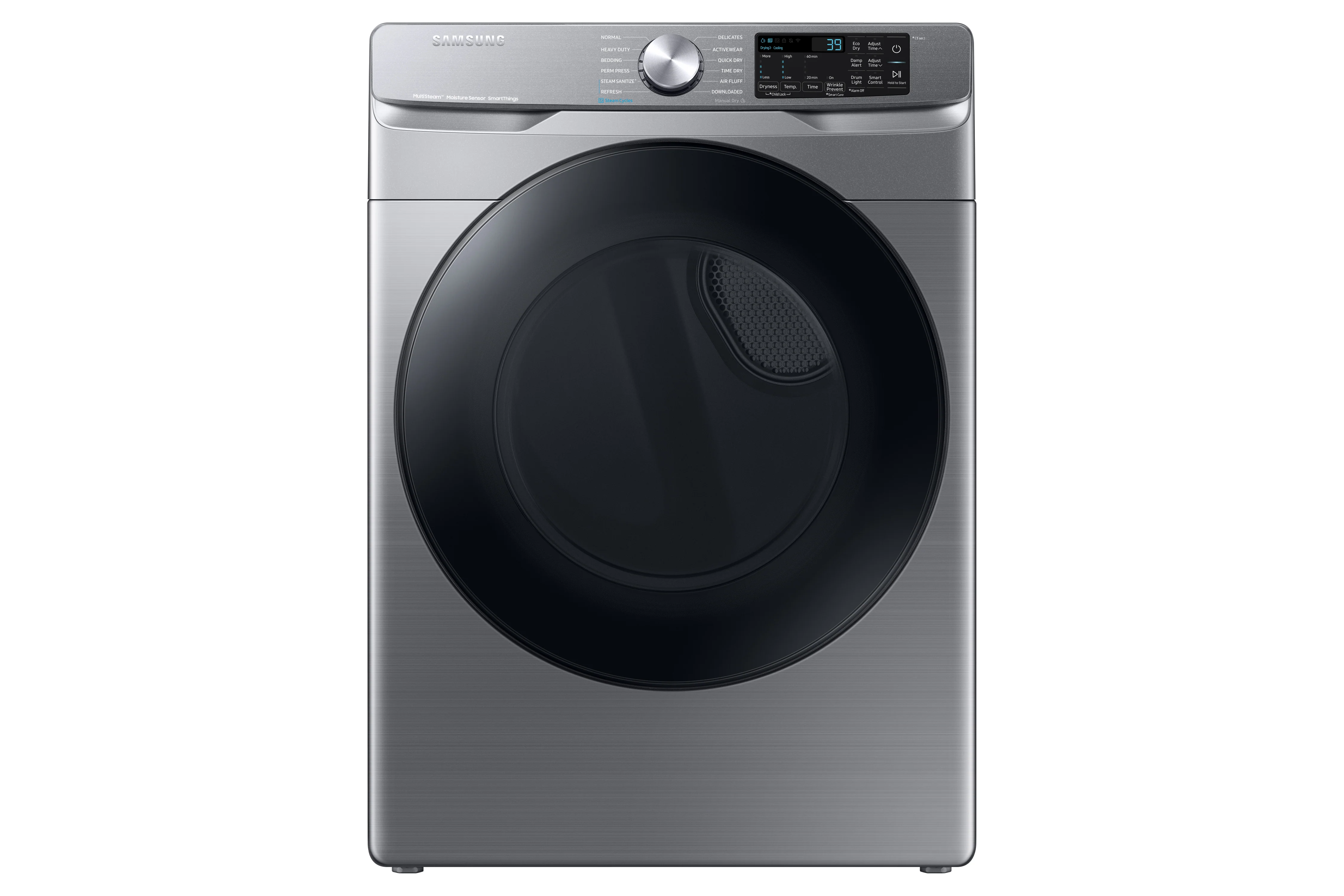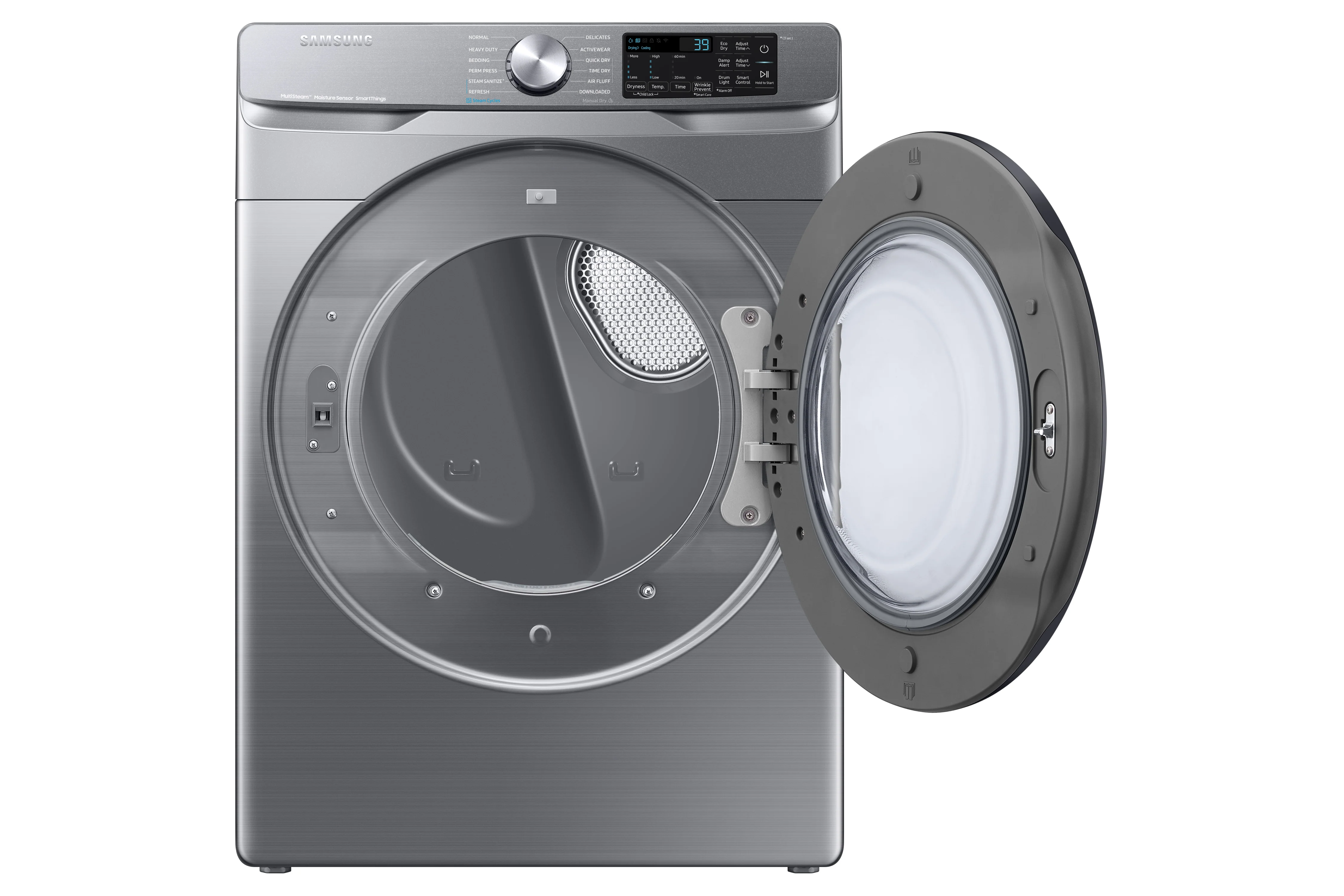On average, refrigerators last for around 10 years. When properly cared for and maintained, they can last longer. Learn how to keep your fridge in great shape so it’ll last as long as possible. Give your refrigerator the care that it needs with our refrigerator maintenance checklist!
Ready to invest in a new fridge? Browse our full selection of refrigerators today.
In this article, we’ll cover:
- Do Refrigerators Need Regular Maintenance?
- Refrigerator Maintenance Checklist
- What to Do Every Month for Ideal Fridge Maintenance
- How Can I Improve My Refrigerator Efficiency?
- FAQs About Refrigerator Maintenance
Do Refrigerators Need Regular Maintenance?
Unlike most appliances in your home, refrigerators run continuously. If you overlook basic maintenance tasks – like cleaning the condenser coils or wiping down the gaskets – you could put undue stress on your appliance. Ideally, you should set aside time each month for basic, quick maintenance tasks.
When a fridge is properly maintained, it'll run more efficiently. And not only can maintenance help reduce your energy costs, it might also help you avoid expensive repairs. By taking care of your fridge, you can prevent major problems and extend its overall lifespan.
Refrigerator Maintenance Checklist
Maintaining a fridge doesn't have to be complex. Carry out these basic tasks to keep your refrigerator in tip-top shape.
Temperature
Pay close attention to the indoor temperature of your refrigerator and freezer. The ideal fridge temperature is between 37 and 40°F (3 and 4°C), while the best temperature for your freezer is 0°F (-18°C). Not only is maintaining an optimal fridge temperature important for food safety, it also impacts how efficiently your appliance runs.
If the temperature on your refrigerator is too low, the fan and compressor will run more than necessary, putting extra wear and tear on the appliance. A temperature that's too high could cause the food inside your fridge to spoil. If your appliance isn't equipped with a built-in temperature gauge, purchase a refrigerator thermometer so you can monitor how cold the inside stays.
Recommended Timeline: Keep temperature at 37 to 40°F (3 and 4°C) daily.
Door Seals
The refrigerator gasket keeps a fridge sealed shut. If there's an issue with your door seal, cool air can escape, wasting energy and making your fridge work harder to keep food cold. Dust and food residue can both interfere with door seals, which is why it’s a good idea to clean gaskets a couple times a year.
You should visually inspect seals and look for any signs of wear and tear, like cracking or other noticeable damage. If a gasket is damaged, it should be replaced as soon as possible. To check your door's seal, try closing the door on a coin, leaving half of it outside the fridge. If the coin quickly slides out, the door isn't completely and properly sealed.
Recommended Timeline: Clean gaskets twice a year with a toothbrush and a simple mixture of baking soda and water.
Filters
If your refrigerator has a built-in water dispenser or ice maker, you'll want to keep an eye on the filter, cleaning or replacing it as necessary. Over time, mineral deposits and other substances can build up, blocking the filter and keeping it from working efficiently.
Check the manual for your refrigerator to see how often the filter should be cleaned or replaced. Keep a back-up filter on-hand so you can change it whenever needed. Every now and then, take the time to inspect the filter and see if it needs to be replaced or cleaned.
Recommended Timeline: If it’s reusable, clean twice a year by soaking the filter in a mixture of warm water and white vinegar. Let the filter soak for at least 10 minutes, then rinse it in the sink until it's no longer dirty. Allow it to fully air dry before returning it to your fridge. Some filters aren’t reusable, and you should replace them every 6 months or as often as the manufacturer suggests.
Odor & Freshness
Have you noticed unpleasant odors coming from your fridge even after it's been cleaned? The plastic shelving inside a refrigerator can absorb odor-causing molecules, leaving a lingering smell. It's critical to stay on top of odors to keep a fridge smelling fresh.
An open box of baking soda inside the fridge will help absorb odors and neutralize acids that cause unpleasant smells. Alternatively, you can use a deodorizer to keep your fridge fresh. You can also use a non-toxic, food-safe disinfectant, like a mixture of water and white vinegar, to clean your shelves and remove smelly bacteria.
Recommended Timeline: Update fridge deodorizer every 2-3 months.
Keeping Fridge Full
Although it may seem counter-intuitive, the truth is, a well-stocked fridge will run more efficiently. When your fridge is full of food, the thermal mass of all the items actually helps to keep the fridge cool, reducing energy usage. Cool items can absorb any warm air that enters the fridge when you open the door.
If you can't get to the grocery store regularly, try storing jugs of water in your fridge to keep it full. While it's helpful to keep lots of items in your refrigerator, make sure you don't overdo it. If there are too many things in your fridge, it can interfere with air circulation.
Recommended: Strive to keep the fridge at 75% capacity daily.
Keeping the Inside Clean
Cleaning is one of the most essential components of fridge maintenance. Food, spills, and other debris can cause bacteria to spread throughout the fridge, causing a rotting smell. A mess might also block the fridge's air filters, preventing air from properly circulating throughout.
Periodically clean out your fridge and remove any food that's gone bad. Use an antibacterial cleaner and a damp cloth to wipe down the entire inside, including the shelves, doors, and walls. You should also make sure you occasionally clean the drip pan, which collects condensation that comes from your fridge.
Recommended Timeline: It's best to clean your fridge monthly. If possible, turn it off or remove shelves and bins so you can wash everything carefully without wasting energy.
For more advice on how to organize fridge spaces and keep it tidy, check out our guide on How to Keep a Refrigerator Clean.
Keeping the Coils Clean
The refrigerator condenser coils are usually located at the back or bottom of the appliance, which can be a hotspot for dust. When coils are covered in debris, it can interfere with the fridge's performance, leading to higher energy bills. Around twice a year, you should take the time to clean away any dirt, dust, or debris that’s built up on the coils.
Unplug your refrigerator so you can safely access the coils. If they’re located at the bottom of the fridge, you may have to snap off a grill to reach them. If they're at the back of the fridge, you should pull it away from the wall so you can access them. Use a vacuum brush attachment or a coil-cleaning tool and give your condenser coils the care that they need.
Recommended Timeline: Clean condenser coils twice a year.
What to Do Every Month for Ideal Fridge Maintenance
Some maintenance tasks, like cleaning condenser coils and deodorizing your fridge, only need to be done a couple of times each year. Other tasks, however, should be completed on a regular basis. Go through these steps each month to keep your refrigerator in great shape.
- Throw away old food: Remove and toss any old or expired items in your fridge.
- Clean all shelves and drawers: While your fridge is empty, remove each shelf and drawer and give them a deep cleaning. If there's a spill you can't clear away, try covering it with a cleaning solution and wiping it with a damp cloth.
- Reorganize your fridge: Once your fridge is clean, put items back. Make sure that your vents are clear and nothing is interfering with air circulation.
- Check filters: Filter maintenance can vary based on your fridge model. Quickly inspect your filter to see if it needs to be replaced or cleaned.
- Inspect gaskets: Take a look at your gasket and confirm there are no issues with your fridge's seal.
How Can I Improve My Refrigerator Efficiency?
While regular maintenance can significantly improve the efficiency of your fridge, a few additional precautions can also help reduce its energy usage. For example, when you store leftovers, allow them to cool before putting them away so the temperature of the fridge isn’t affected.
Learn more about your specific refrigerator model and its features so you can take better care of it. Some models have a power-saver switch that can limit unnecessary energy usage. If your refrigerator needs to be manually defrosted, defrosting the freezer regularly will help it more-easily maintain optimal temperatures.
How do I know if my fridge is using too much electricity?
There are a number of warning signs that can tell you when your fridge isn't running as it should. When a fridge uses excessive amounts of electricity, it can cause the motor to run hot. If you can feel heat coming off the back of the refrigerator, you may want to call a refrigerator repair contractor.
Noise can also be a sign of a problem. A refrigerator's fan helps keep the inside cool, but if it always seems to be running, that's an indicator something's not right. If you can constantly hear the refrigerator fan, check the gasket to make sure the door is properly sealed.
FAQs About Refrigerator Maintenance
How many years should a refrigerator last?
At a minimum, a fridge should last for 10 years. With the proper maintenance, your appliance could last for 20 years or more.
Do refrigerators lose efficiency over time?
It's normal for all appliances to become less efficient as time goes on. Thankfully, taking care of your fridge will keep it in great shape for longer.
Is a 15 year old refrigerator worth repairing?
Most refrigerators will last for 10 to 15 years. If you've had your refrigerators for 15 years or longer, replacing it may be more cost-effective than repairs.
Can a fridge last 30 years?
Even though fridges usually don't last for more than 15 years, it's possible for some to last for 30 years or more. With that said, appliances are more likely to have issues as they age.
How long does a compressor last in a refrigerator?
Compressors lose efficiency as they age. A compressor can last for more than 10 years if it's well-maintained, but experts usually suggest that you think about a replacement after 8 years if you begin having problems.
Once you've invested in a new refrigerator, you should do everything you can to maintain your appliance. Following this maintenance checklist will help you to protect your fridge and keep it in the best possible condition.
Browse our full selection of refrigerators if you're ready to find a new fridge for your home!















